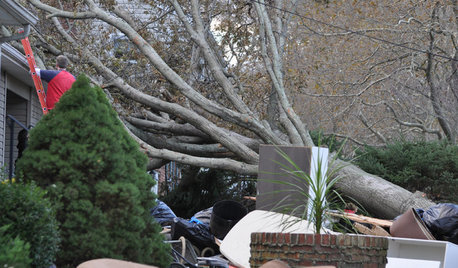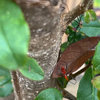This Year's Cottonseed Meal Experiments Summary
captaincompostal
18 years ago
Featured Answer
Sort by:Oldest
Comments (32)
gonefishin
18 years agocaptaincompostal
18 years agoRelated Professionals
Otsego Landscape Architects & Landscape Designers · Hartford Landscape Contractors · Waterbury Landscape Contractors · Coeur d'Alene Landscape Contractors · Elmhurst Landscape Contractors · Indianapolis Landscape Contractors · Lemoore Landscape Contractors · Middleton Landscape Contractors · Rosemount Landscape Contractors · Vineyard Landscape Contractors · White Bear Lake Landscape Contractors · Markham Decks, Patios & Outdoor Enclosures · Overland Park Decks, Patios & Outdoor Enclosures · Verona Decks, Patios & Outdoor Enclosures · White Bear Lake Decks, Patios & Outdoor Enclosurescaptaincompostal
18 years agodavidbooth65
18 years agocaptaincompostal
18 years agoswanz
18 years agoalthea_gw
18 years agophann100
18 years agocaptaincompostal
18 years agolou_spicewood_tx
18 years agoAngelTrumpeteer
18 years agodchall_san_antonio
18 years agoAngelTrumpeteer
18 years agodereckbc
18 years agocaptaincompostal
18 years agohayne
18 years agocaptaincompostal
18 years agotetrazzini
18 years agolou_spicewood_tx
18 years agomonkeyman_2006
18 years agohayne
18 years agomonkeyman_2006
18 years agoaberwacky_ar7b
18 years agomonkeyman_2006
17 years agonewtxan
17 years agohitexplanter
17 years agopnbrown
17 years agoorganicburro
17 years agoeswar
17 years agochezron
6 years agokimmq
6 years agolast modified: 6 years ago
Related Stories

KITCHEN DESIGN9 Popular Stovetop Options — Plus Tips for Choosing the Right One
Pick a stovetop that fits your lifestyle and your kitchen style with this mini guide that covers all the basics
Full Story
KITCHEN DESIGNKey Measurements to Help You Design Your Kitchen
Get the ideal kitchen setup by understanding spatial relationships, building dimensions and work zones
Full Story
DISASTER PREP & RECOVERY7 Ways to Help Someone Hit by a Hurricane
The best things you can do in the wake of devastation are sometimes the most surprising
Full Story
KITCHEN CABINETSCabinets 101: How to Work With Cabinet Designers and Cabinetmakers
Understand your vision and ask the right questions to get your dream cabinets
Full Story
CONTRACTOR TIPS10 Things to Discuss With Your Contractor Before Work Starts
Have a meeting a week before hammers and shovels fly to make sure everyone’s on the same page
Full Story
REMODELING GUIDESContractor Fees, Demystified
Learn what a contractor’s markups cover — and why they’re worth it
Full Story
KITCHEN DESIGNHow to Design a Kitchen Island
Size, seating height, all those appliance and storage options ... here's how to clear up the kitchen island confusion
Full Story
WINDOW TREATMENTSEmbellishing Tricks for Cost-Effective Custom Curtains
Get curtains that look high end — even if you don't sew — with just a little trim here or a little banding there
Full Story
HOUZZ TOURSHouzz Tour: Usonian-Inspired Home With All the Wright Moves
A Chicago couple's weekend retreat fulfills a long-held dream of honoring architect Frank Lloyd Wright
Full Story
KITCHEN DESIGN16 Practical Ideas to Borrow From Professional Kitchens
Restaurant kitchens are designed to function efficiently and safely. Why not adopt some of their tricks in your own home?
Full Story







mennomom